Centring the voices of care-experienced students this National Care Leavers’ week

A student from the University of Sunderland has shared his perspective on what it is like to be someone who is care-experienced and studying in higher education.
Ahead of National Care Leavers’ week, Stephen Creighton, who studies Esports Event Management, has shared his insight into what it means to be a care-experienced student.
For these students, the path to university can have barriers that other students may not face.
Stephen said:
“I think the biggest challenge for care-experienced students is they can struggle to understand the process of how it all works. Often these young people, both students and non-students, don’t have anyone to go to, to try and get that information.
“They have to figure it all out for themselves and it can be quite confusing. It was for me when I first applied.
“I think just not being able to know where to go can be quite stressful for students, at a time when they’re dealing with the usual pressure of applying to university.”
Care-experienced students also can face additional challenges when studying too.
Stephen said:
“Socialisation is the big one – it’s something I’ve experienced firsthand, both within the University and outside.
“It’s difficult because care-experienced people don’t know how they’re going to be perceived, they don’t know if their background is going to have an effect, because we know, sadly, that sometimes it does.
“I don’t think people take that into consideration enough. Students should be able to go out, meet friends, meet other students. But for us, it can be extremely difficult and that isn’t necessarily taken into account enough.”
Stephen is now in his second year at the University and plays an active part in student life through the many societies that are on offer through the students’ union (SU).
Stephen said:
“My time at university has been very unique, this is the second time I’ve come to the University. I originally started in 2019.
“Unfortunately, that was curtailed by COVID, so I went away for a couple of years, found my feet on where to go next, and then came back in September 2023.
“For me, it was very interesting to see how far I had come between 2019 and now in terms of how much my confidence has grown.
“I was still struggling to get to grips with meeting people and what really helped me was joining one of the societies at the SU – the video game society. It was really helpful, because it just allowed me to settle in. I enjoyed my time that much, I’ve actually taken on a position in its committee.
“It’s a place where I can be myself, which I think for us as care-experienced people is the most important thing, just let us be ourselves.”
The University’s We Care team offers care-experienced students a range of personalised support to help them through their entire journey – from the application process right through to graduation and beyond.
In the We Care team’s annual student survey this year, 95% of students said that support they receive helps them to achieve their potential at university.
The survey also found that 87% of students said that support helped prevent them from withdrawing or taking a leave of absence from their studies.
Wendy Price OBE, Head of Widening Access and Participation at the University, said:
“Care-experienced students are significantly under-represented in higher education with only 14% progressing to university.
“We know that these students have the talent and ability to progress, but unfortunately, they don’t always have the opportunity. This is something we are committed to changing.
“We work directly with our care-experienced students to provide personalised support based on their individual needs, prioritising what they tell us means most to them. This student-centred approach enables us to provide a supportive environment where care-experienced students can thrive during their time with us.
“As members of the North East Raising Aspiration Partnership, we have collaborated with all other north-east universities to sign the Care Leaver Covenant, demonstrating our commitment to supporting these students.”
As part of National Care Leavers’ Week, the University is hosting an event for care-experienced students.
This includes a lunch, ‘doodle jam’ and On The Table discussion with arts organisation Blue Cabin. The feedback from this discussion will be shared as part of a Community Foundation report in 2025.
This provides care-experienced students with an opportunity to have their voices heard, and also to make a difference to other similar young people across the region.
This National Care Leavers’ Week, organisations around the country are reflecting on how best to support care-experienced people. In Sunderland the city is raising awareness through the illumination of landmarks and architectural sites, including the Beacon of Light, on the evening of Wednesday 30 October.
For Stephen, centring the voices of care-experienced people is essential to supporting them.
Stephen added:
“It’s important because I feel like it’s one of those forgotten areas. Not everyone likes to talk about being care-experienced but speaking to students and trying to get a bit of an understanding from us on our own terms is important as we’re the best people to learn from on this.
“The one key message I would say to everyone: students, staff, businesses, anyone – don’t write off care-experienced people. Work with them and they will work with you to make things better.”

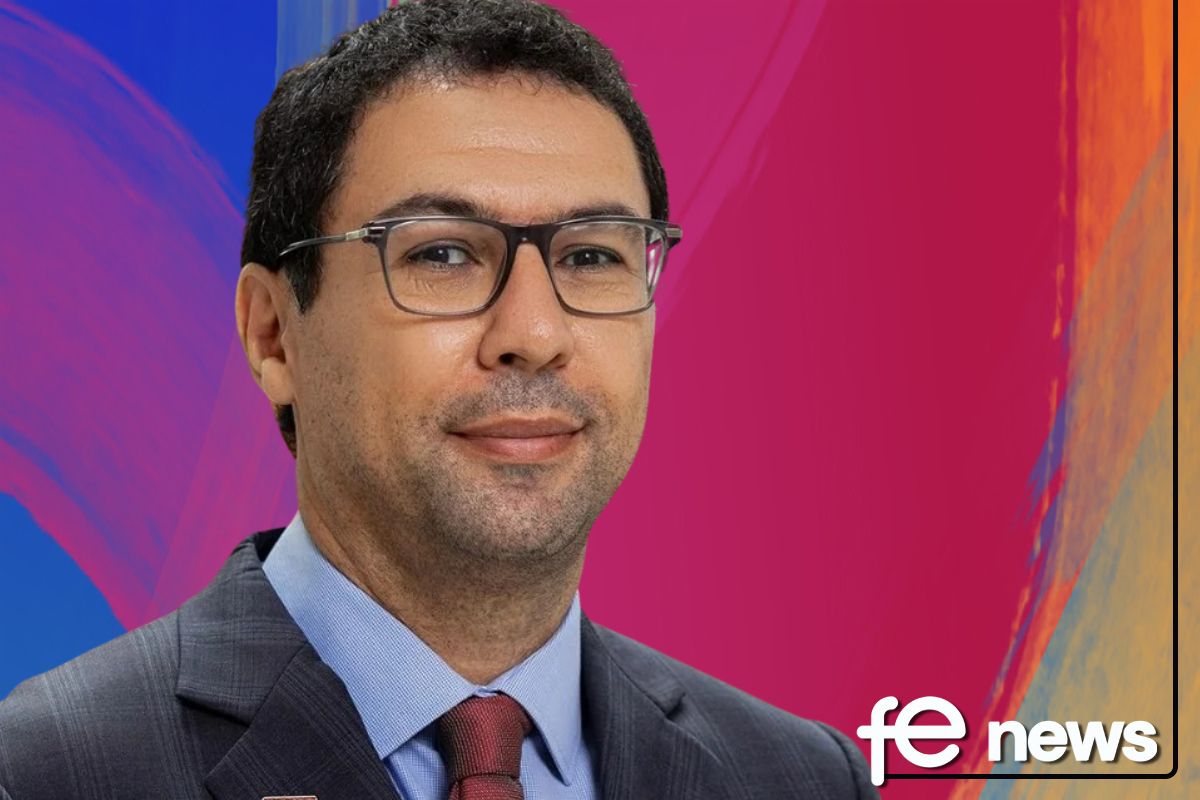
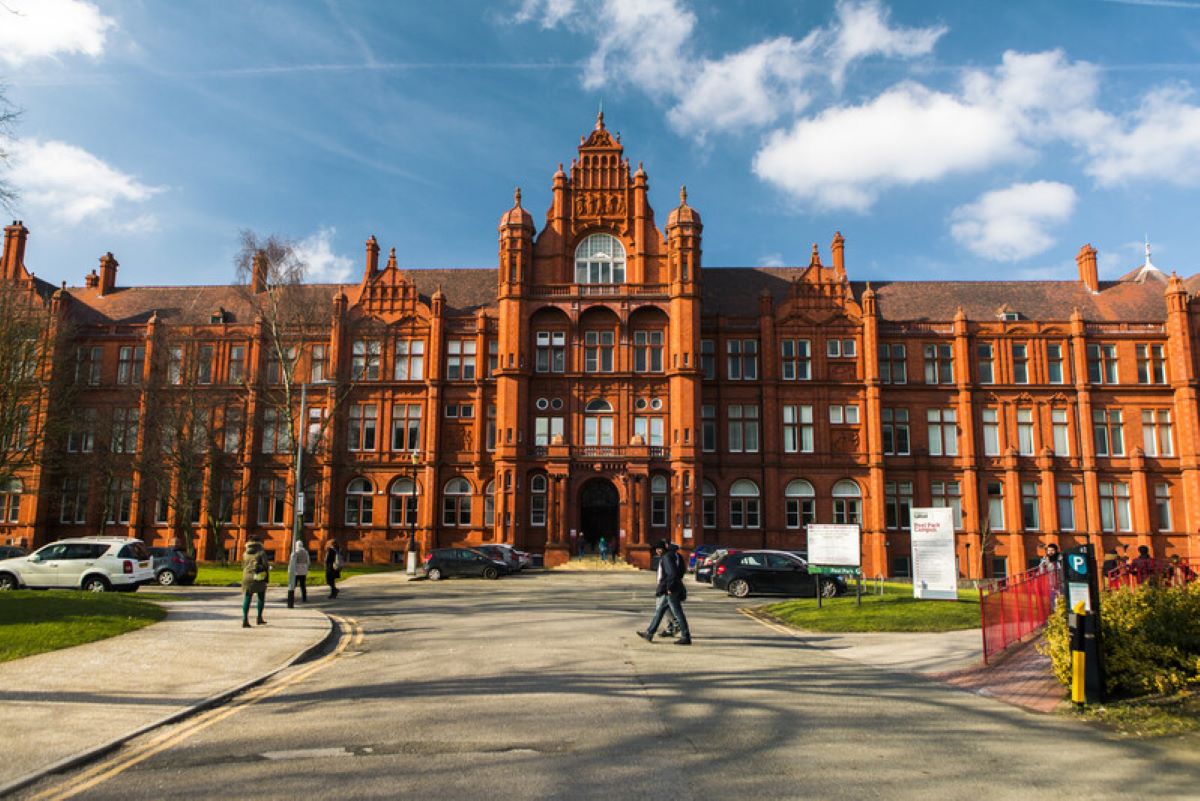
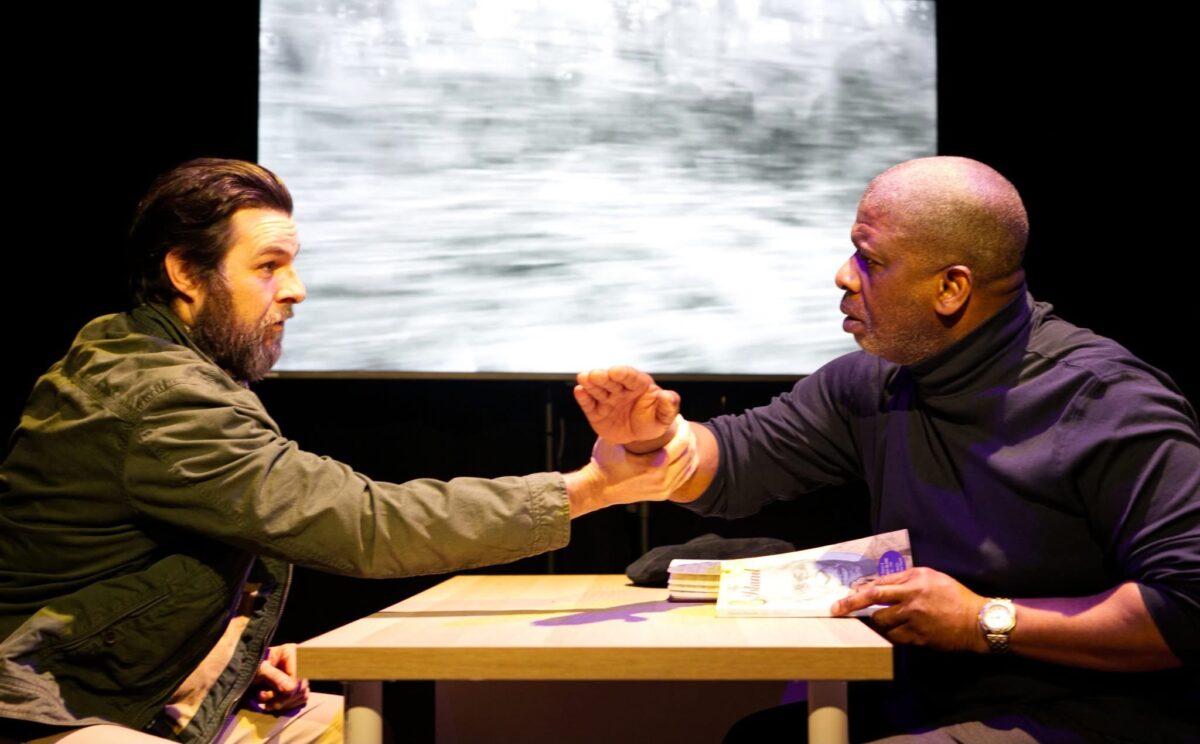


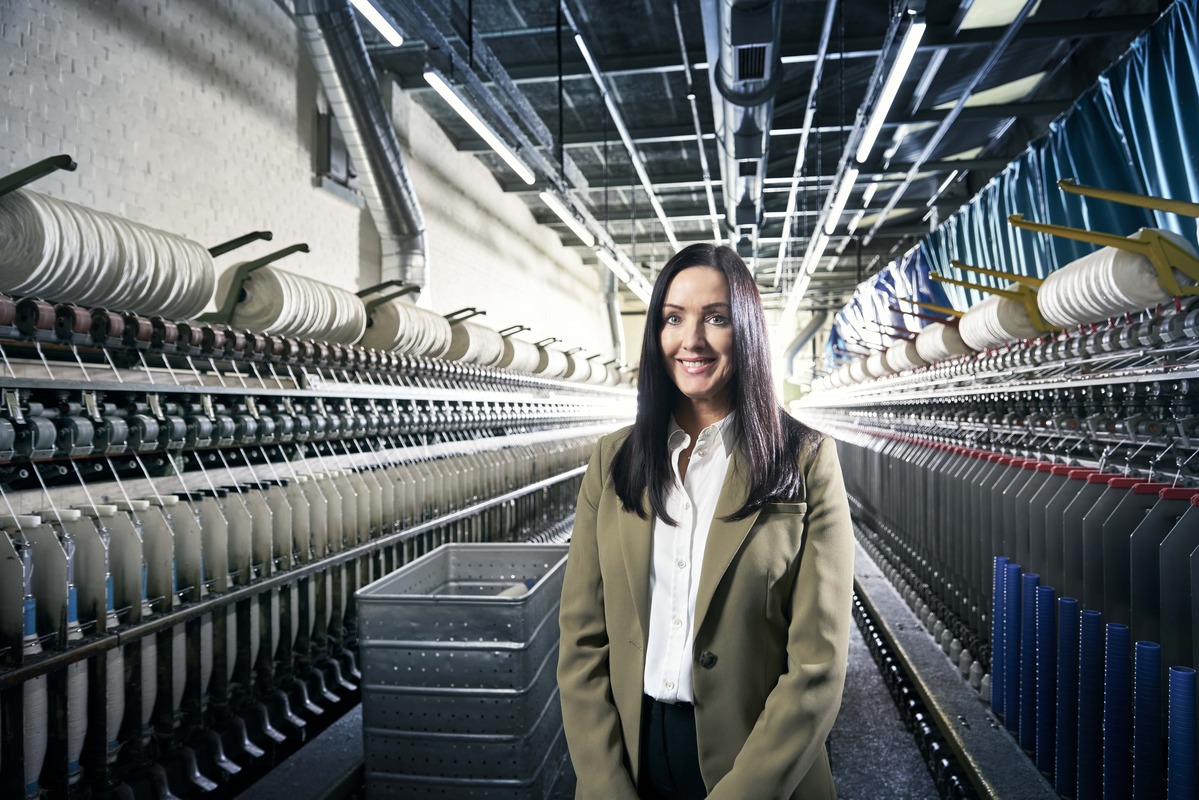
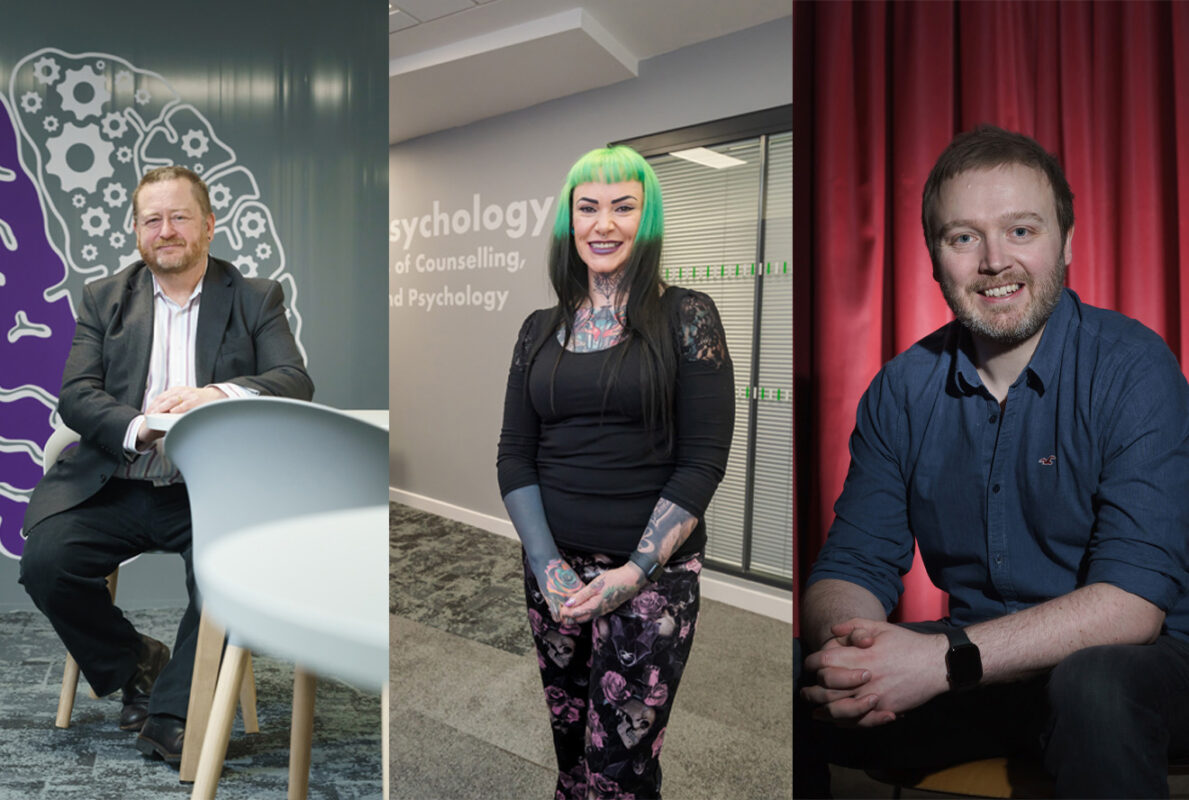

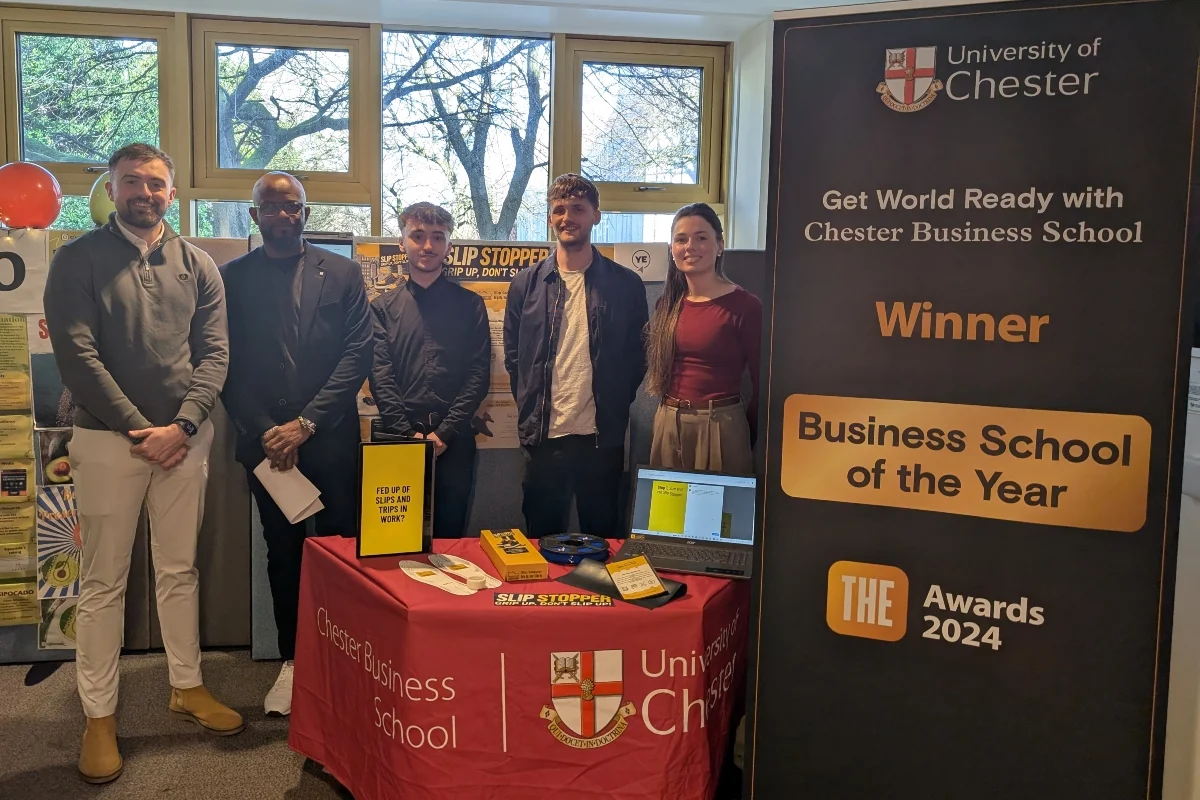
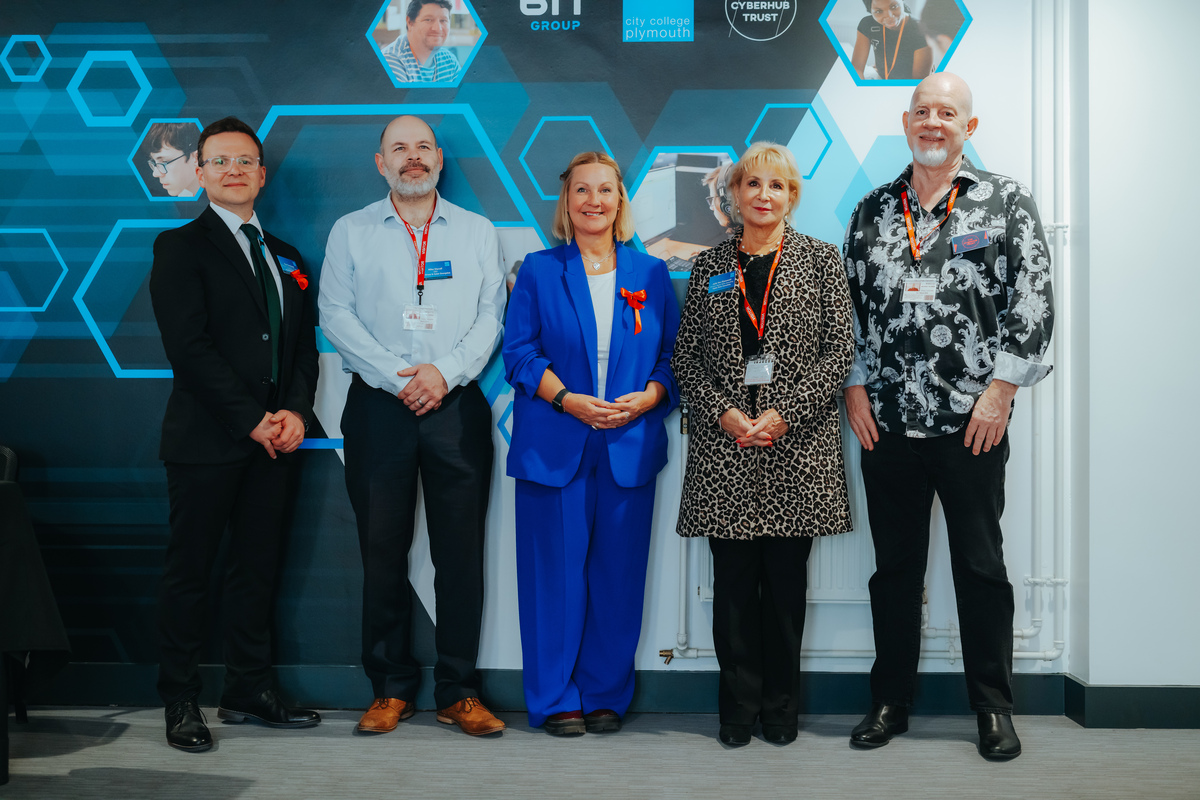
Responses